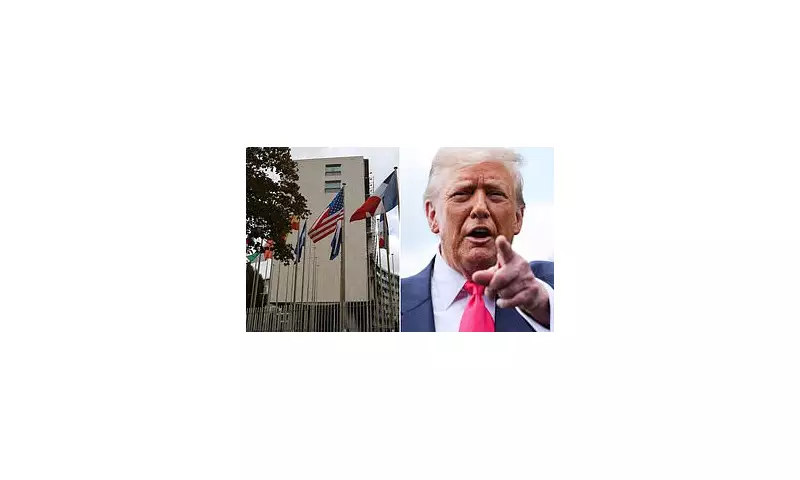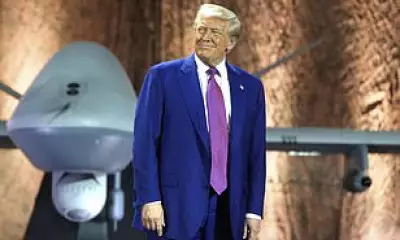
In a bold move that has reignited debates over America's role in international organisations, former President Donald Trump has officially withdrawn the US from UNESCO, branding it a 'woke' institution driven by divisive diversity, equity, and inclusion (DEI) policies.
Why the US Is Walking Away
The decision, announced this week, marks the latest chapter in America's turbulent relationship with the United Nations Educational, Scientific and Cultural Organization. Trump's team argues that UNESCO has become overly politicised, prioritising ideological agendas over its original mission of fostering global cooperation in education and culture.
A History of Tension
This isn't the first time the US has distanced itself from UNESCO. The Reagan administration withdrew in 1984, citing mismanagement and anti-Western bias, only to rejoin under George W. Bush in 2002. The Obama administration suspended funding in 2011 after Palestine was admitted as a member state.
The 'Woke' Factor
What makes this withdrawal different is the explicit criticism of UNESCO's embrace of progressive policies. 'We cannot continue funding an organisation that pushes divisive ideologies under the guise of cultural exchange,' a Trump spokesperson stated.
Global Reactions
The move has drawn mixed responses worldwide. Some conservative leaders have applauded the decision, while European diplomats express concern about America's retreat from multilateralism. 'This undermines decades of cultural diplomacy,' remarked one French official.
What Happens Next?
The withdrawal process will take effect by the end of the year. Key questions remain about how this will affect:
- UNESCO's funding and programs
- America's influence in global cultural affairs
- Future US participation in UN agencies
Observers suggest this could signal a broader shift in how conservative governments engage with international institutions perceived as promoting progressive values.






